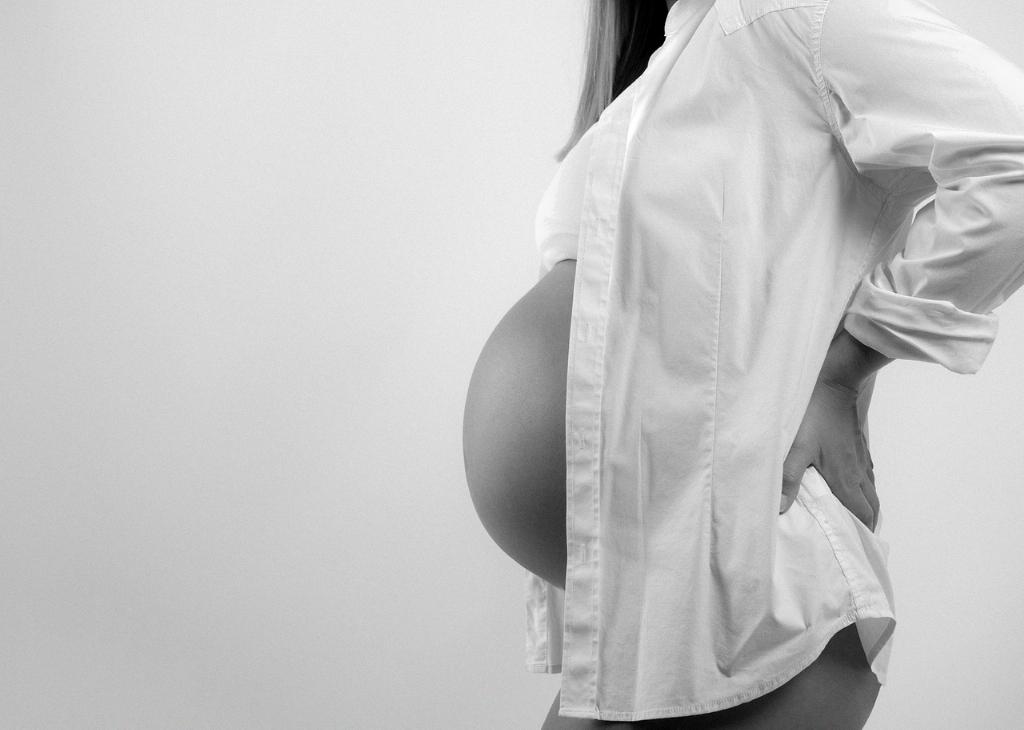When it comes to pregnancy, determining the due date is an essential aspect of prenatal care. Many expectant mothers rely on pregnancy due date calculators to estimate when their baby is likely to arrive. These calculators use various factors, such as the date of the last menstrual period, to predict the due date. However, many wonder just how accurate these calculators truly are.
The Limitations of Due Date Calculators
It’s important to note that no pregnancy due date calculator can provide a 100% accurate prediction of when a baby will be born. Due dates are estimates based on averages and assumptions about a woman’s menstrual cycle and the typical length of pregnancy. Each pregnancy is unique, and factors such as irregular menstrual cycles or variations in fetal growth can impact the accuracy of due date calculations.
The Role of Ultrasound in Determining Due Dates
While due date calculators can give an estimate, ultrasound scans are considered one of the most reliable methods for determining gestational age. According to the American College of Obstetricians and Gynecologists (ACOG), ultrasounds in the first trimester are particularly accurate, with a margin of error of around +5-7 days. This means that ultrasound measurements can provide a more precise estimation of when the baby is expected to arrive compared to due date calculators.
Variability in Pregnancy Length
Another factor that influences the accuracy of due date calculators is the natural variability in the length of pregnancy. While the average pregnancy lasts around 40 weeks, some babies may arrive earlier or later than expected. Factors such as genetics, maternal health, and fetal development can all impact the length of pregnancy, making it challenging to pinpoint an exact due date with certainty.
Factors Affecting Due Date Accuracy
Several factors can affect the accuracy of pregnancy due date calculators. Women with irregular menstrual cycles or those who are uncertain about the date of their last period may find that due date estimates are less reliable. Additionally, variations in fetal growth and development can also impact the accuracy of due date calculations.
Importance of Regular Prenatal Care
While due date calculators and ultrasound scans play a role in estimating the baby’s arrival, regular prenatal care is crucial for monitoring the health and progress of the pregnancy. Healthcare providers use a combination of tools, including physical exams, blood tests, and ultrasound scans, to ensure the well-being of both the mother and the baby throughout the pregnancy.
Managing Expectations
It’s essential for expectant parents to understand that due dates are estimates and not set deadlines. Babies have their own timetable for arrival, and it’s entirely normal for them to be born before or after the predicted due date. Keeping an open mind and being flexible about the timing of delivery can help reduce stress and anxiety during the later stages of pregnancy.
Preparing for the Unexpected
While due dates can provide a general idea of when to expect the baby, it’s essential for parents to be prepared for the unexpected. Packing a hospital bag, making arrangements for childcare, and knowing the signs of labor can help ensure a smooth transition when the baby decides to make their grand entrance into the world.
Embracing the Uncertainty of Pregnancy
Pregnancy is a journey filled with surprises, and the uncertainty of when the baby will arrive is just one part of the adventure. Embracing the unpredictability of childbirth and focusing on staying healthy and prepared can help expecting parents navigate the ups and downs of the final weeks of pregnancy with confidence and resilience.
Conclusion
While pregnancy due date calculators can offer a rough estimate of when a baby is expected to be born, they are not foolproof. Factors such as variations in menstrual cycles, fetal growth patterns, and individual differences can all influence the accuracy of due date predictions. Ultimately, it’s essential for expectant parents to approach due dates with flexibility and an understanding that the baby’s arrival may not always align with the calculated date. By focusing on staying healthy, prepared, and informed throughout the pregnancy journey, parents can embrace the uncertainty of childbirth with grace and positivity.

